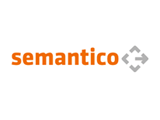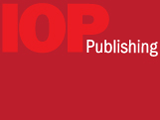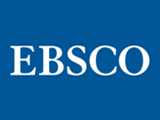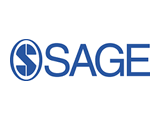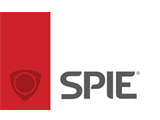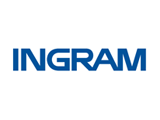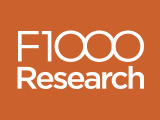F1000Research, an Open Access lifesciences journal launched in January 2013, has pioneered a uniquely fast and transparent Open Science Publishing model enabling research papers to be published within a week. After analyzing its first few months, F1000Research shares that on average, articles go live within seven days of acceptance, with 35% of those published within four days or less.
“Science is more competitive than ever,” said Dr. Sam Gandy, an Alzheimer’s disease researcher in New York, “and I often take speed of publication into account when I choose where to submit my lab’s ,” Gandy’s group discovered that, in a mouse model, air pollution is linked to the development of Alzheimer’s disease. “I opted to publish in F1000Research and it took only 32 hours from submission to publication.”
F1000Research achieves such speedy publication as a consequence of its innovative and completely open post-publication peer review process. All accepted articles are published immediately and are then reviewed, openly, by named referees. This system puts science into the public domain without unnecessary delay. It encourages fair, honest and fast peer review, with most articles receiving two referee reports within two weeks.
This new publication model has received support from researchers who published in the journal. “After my article was published, the open post-publication peer review process was extremely quick,” said Dr. Hajime Takizawa of the University of Tokyo. “My article received two reviews in the space of just five days, which is a refreshing change from the traditional reviewing system. I believe this type of review system will become a new standard for scientific publications in the near future.” F1000Research’s first articles span topics from cell biology to public health and are freely accessible to all at F1000Research.com.
The journal further encourages transparency by requiring publication of complete data sets for all papers, where appropriate, and making them freely available for sharing and reuse. In addition, the journal encourages the submission of non-traditional article formats, such as data papers. Dr. Donald Cooper of the University of Colorado, Boulder, used F1000Research to publish a summary of data collected in a study that investigated the effect of ion channels on reward behavior in mice. In response to public referee comments he emphasized that he published his data set in F1000Research “to quickly share some of our ongoing behavioral data sets in order to encourage collaboration with others in the field.”
Unlike most other journals, F1000Research will publish all research, regardless of potential impact. It is dedicated to encouraging scientists to publish null and negative studies, replications, and other results not normally accepted by standard journals, in the belief that all research should be communicated because doing so helps prevent redundant work and ultimately saves time and valuable funding. In addition, F1000Research will publish all article types, not only classic research papers, but also case studies, single findings, protocols, data-only papers, posters, commentaries, opinion pieces, reviews and other information that is valid and useful for other scientists.
“Open Access effectively addressed the issue of providing unrestricted access to published research for everyone, but it did not deal with the painful issues resulting from anonymous refereeing systems, significant delays to publication, missing data sets, and the limitation of what journals traditionally want to publish,” said Vitek Tracz, CEO and founder of F1000. “The publishing approach we developed – we call it Open Science publishing – tries to address these issues. Its benefits to biomedical research will be enormous, and will enable us to make Open Science publishing the new reality.”
F1000Research is exhibiting at this year’s Experimental Biology conference in Boston from April 20-24. The journal is also hosting an onsite event on April 22 at which the principles of Open Science Publishing will be discussed with a renowned panel of speakers from the scientific community, including Vitek Tracz – a founding supporter of the Open Access publishing movement.






















